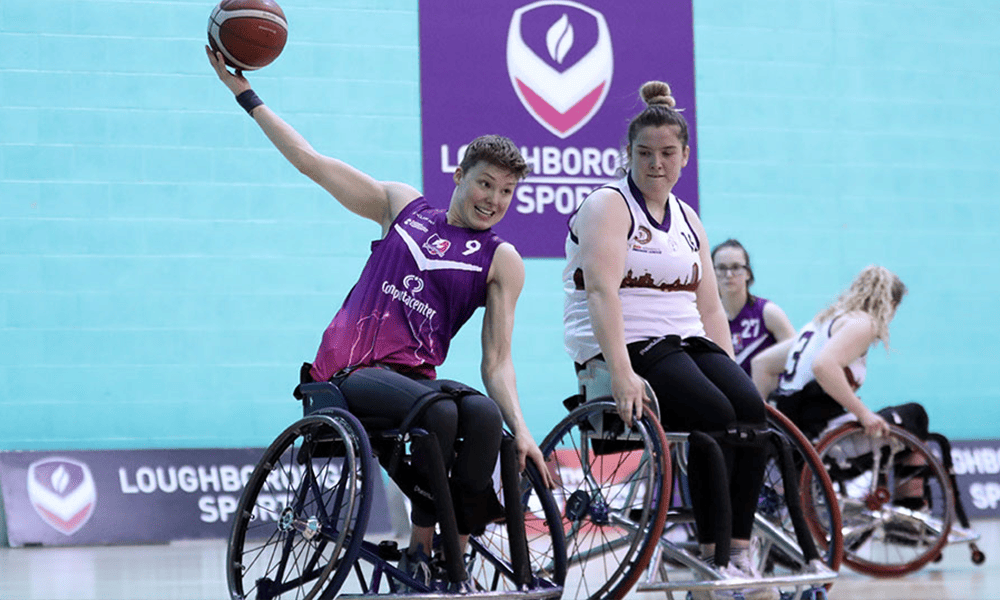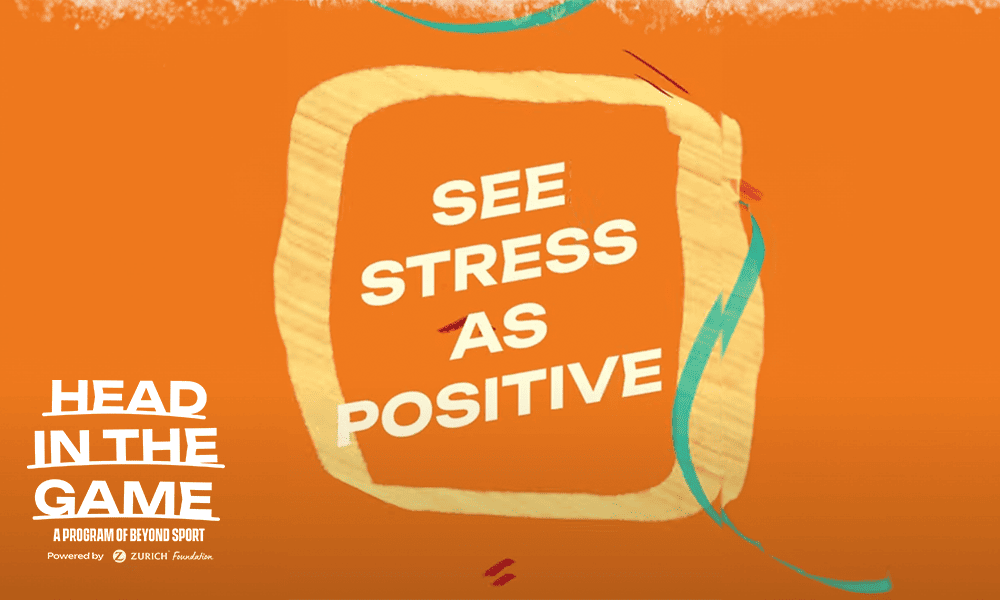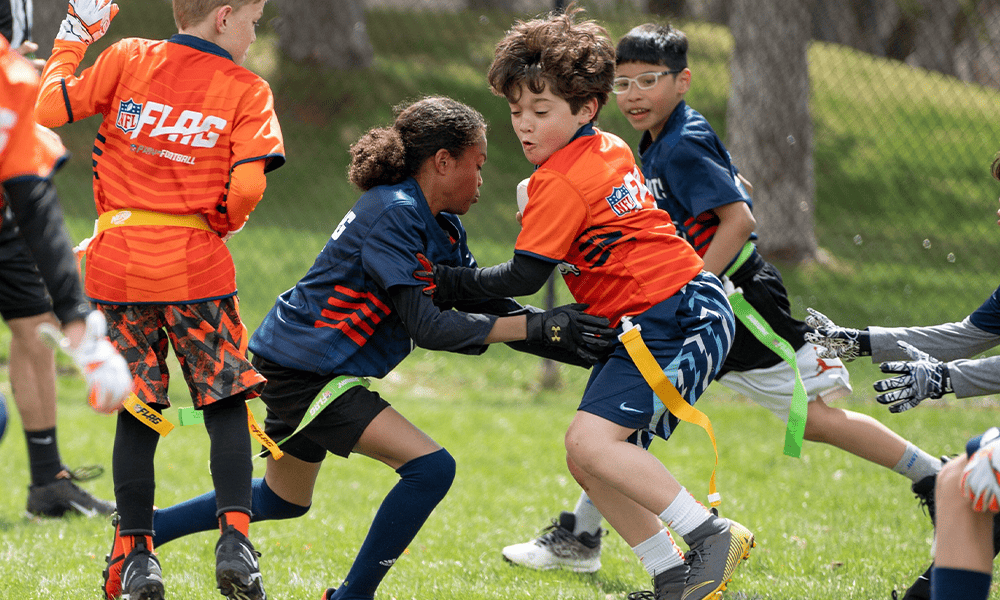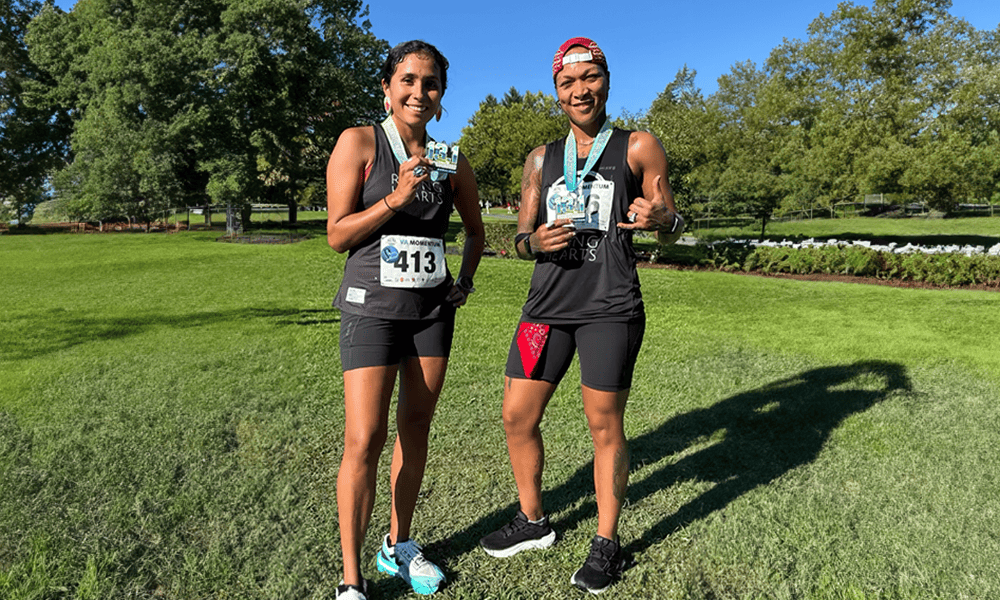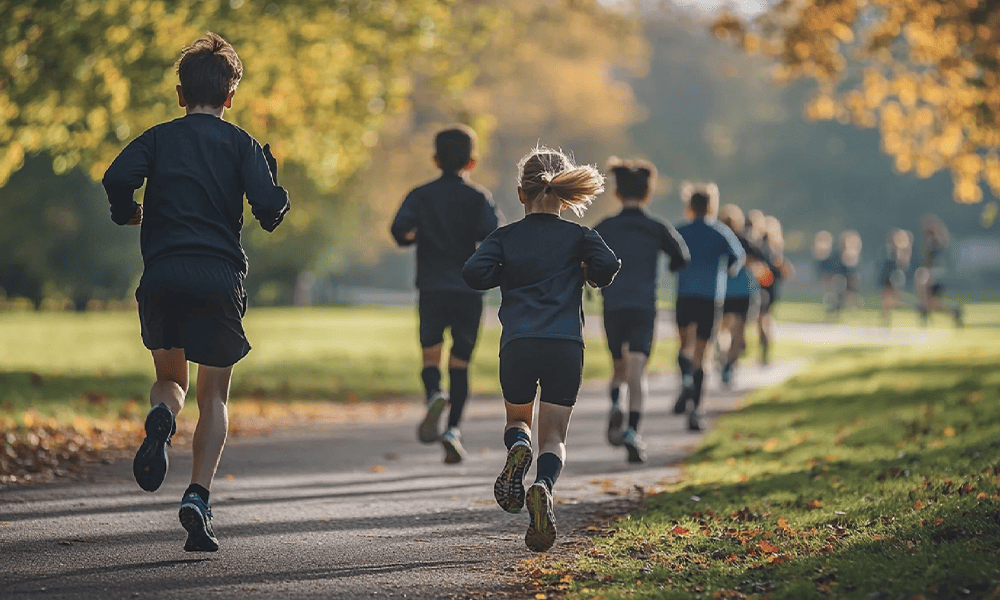August 19, 2022
The International Olympic Committee (IOC) has teamed up with the University of Edinburgh to launch the Olympian Health Cohort, a new long-term research project to protect the physical and mental health of elite athlete and reduce injuries and illnesses. The effort is part of the IOC’s ongoing commitment to promote athletes’ safety and wellbeing.
In elite sports, the prevalence of depression and anxiety is sometimes as high as 45% and in adolescent elite sports the prevalence of eating disorders is approximately 14%. Research from 2021 shows that 24% of Olympic and Paralympic athletes reported experiencing high or very high psychological distress after the Games. Additionally, about 11% of the athletes incur injuries during the Olympics.
The study plans to “improve knowledge about athlete health across an athlete’s life cycle and after they retire from elite sport”. According to the IOC, injury and illness surveillance during the Olympic Games provides important insights but is limited in that it documents only two or three weeks of an athlete’s year. Therefore, the Olympian Health Cohort will monitor Olympians throughout their careers to more accurately identify and mitigate risk factors for short- and long-term athlete health and well-being.
Led by three-time British Olympian, Dr. Debbie Palmer, the team of researchers has engaged Olympians who competed at the Tokyo 2020 Games and Beijing 2022 Winter Games to participate in the study. Participants are being asked to take part in an initial online survey about their musculoskeletal (muscular and skeletal system) and general health.

The team will then touch base with the group every two years for 15 to 20 years with follow-up surveys. Alongside this, participants will also receive regular newsletters containing key insights and information based on the results. The IOC Olympian Health Cohort will also engage athletes who compete at the Paris 2024 Games and Milano Cortina 2026 Winter Games in the future.
The regular survey updates will allow tracking of how and when specific health problems happen. Additionally, the longevity of the study allows for the effectiveness of interventions to be tested and updated as the research progresses.
Palmer hopes that the study will help develop targeted injury and illness prevention initiatives. “There are gaps in our knowledge around athlete health and wellbeing, particularly around new and emerging health issues in elite sport. We need to understand what happens to athletes not just during the Olympic Games but as they progress throughout their careers.”
The program is one of many ongoing initiatives overseen by the IOC Medical and Scientific Department, including the annual Advanced Team Physician Course (ATPC) and the annual Cardiovascular Evaluation of Olympic Athletes Course, both of which offer development opportunities for physicians working with elite athletes. The IOC is also part of an international consensus group on concussions in sports and offers multiple diplomas and certificates for athletes’ entourage members on topics such as sports nutrition and mental health.
